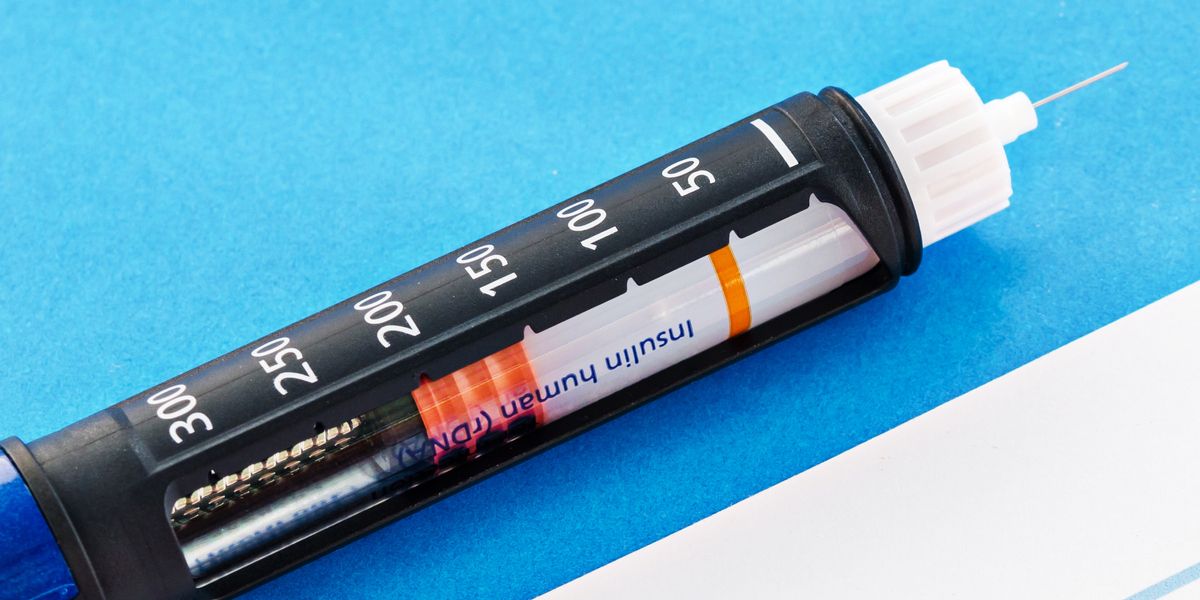A drug often used to treat type 2 diabetes could reduce the debilitating side-effects of prostate cancer medicines, latest research has demonstrated.
Metformin has the potential to stop people with prostate cancer experiencing “unwanted side- effects” from hormone therapy, academics have said.
Most men with prostate cancer undergo hormone therapy – treatment which involves taking tablets that limit the production of testosterone.
This common treatment can however trigger weight gain and increase your risk of developing type 2 diabetes and heart disease.
- Testosterone replacement therapy can improve blood glucose levels in men with type 2 diabetes
- Reassuring new data on the long-term safety of metformin in pregnancy
- Metformin and Alcohol: Effects of Drinking When Taking Metformin
Researchers have shown that metformin can help men with prostate cancer limit their weight gain and lower their blood sugar and cholesterol levels.
During the study, the team of scientists examined the health outcomes of more than 1,800 men with prostate cancer.
Known as the most popular treatment for type 2 diabetes in the UK, metformin enhances the way people process energy from fats and sugar.
Metformin reduces the body’s tendency to store excess glucose as fat by helping the body use insulin more effectively.
Each year in the UK, roughly 55,000 men are diagnosed with prostate cancer, data has reported. Shocking figures also show that prostate cancer kills 12,000 men every year.
Hormone therapy is a popular treatment option for prostate cancer as it can stop the production of testosterone – a hormone which helps prostate cancer to grow.
- Diet adjustments more effective at treating IBS than medication
- Microplastics linked to cancer found in up to 78% of bottled water
- Diabetes and obesity linked to greater risk of liver cancer relapse
Currently, hormone therapy is unable to cure prostate cancer, but it can significantly slow the growth of tumours, potentially buying time for the tumours to be removed with surgery or radiotherapy.
Consultant urologist at The Christie NHS Foundation Trust, Professor Noel Clarke said: “Hormone therapies, though very effective for prostate cancer, come with unwanted side- effects which negatively impact patients’ health and quality of life.
“It’s great to see that a cheap and effective drug for diabetes can be used in this way. I hope that this new use will be available on the NHS quickly so that more patients can benefit.”



